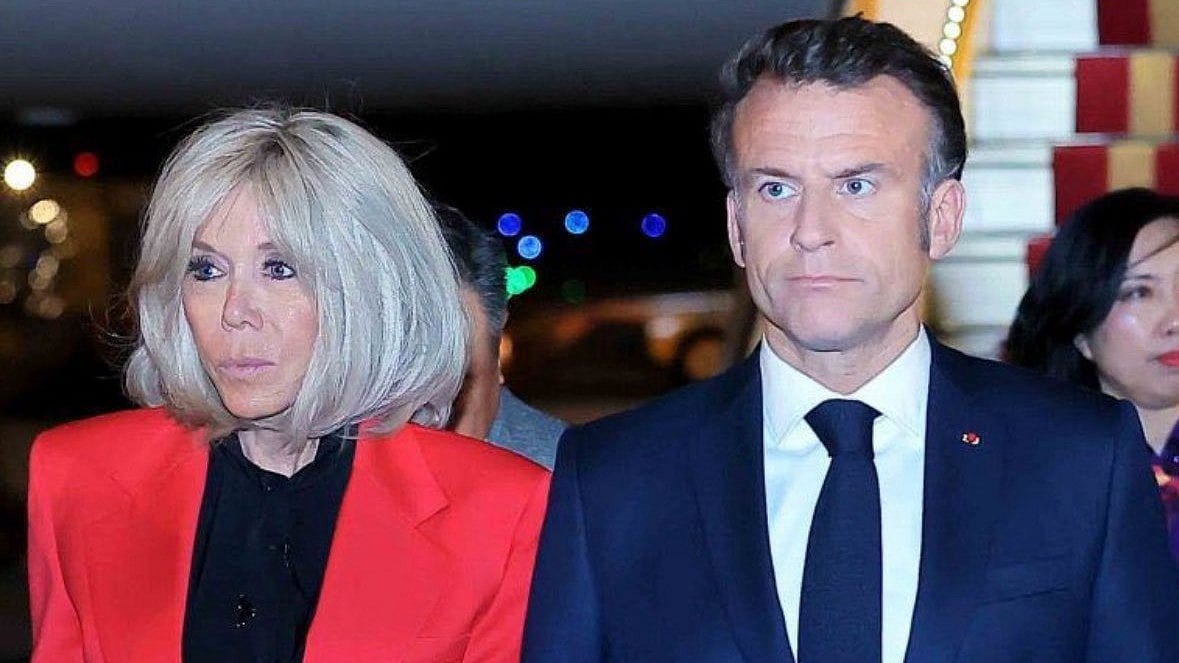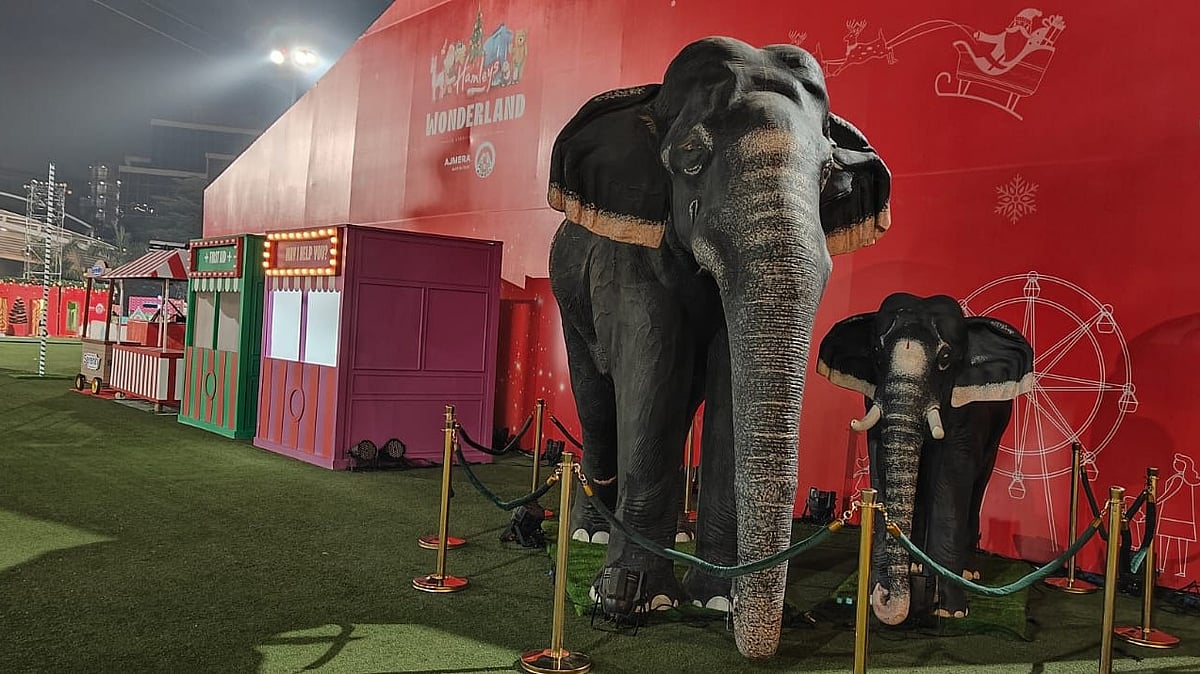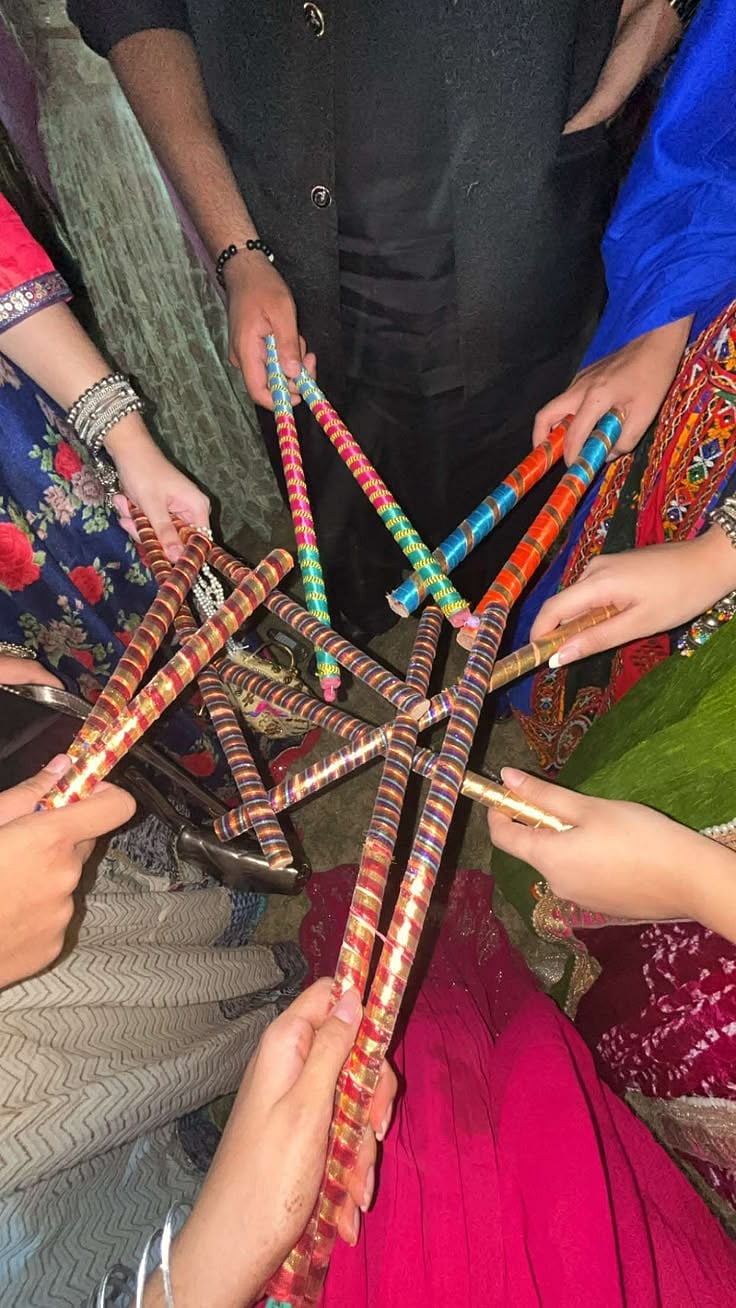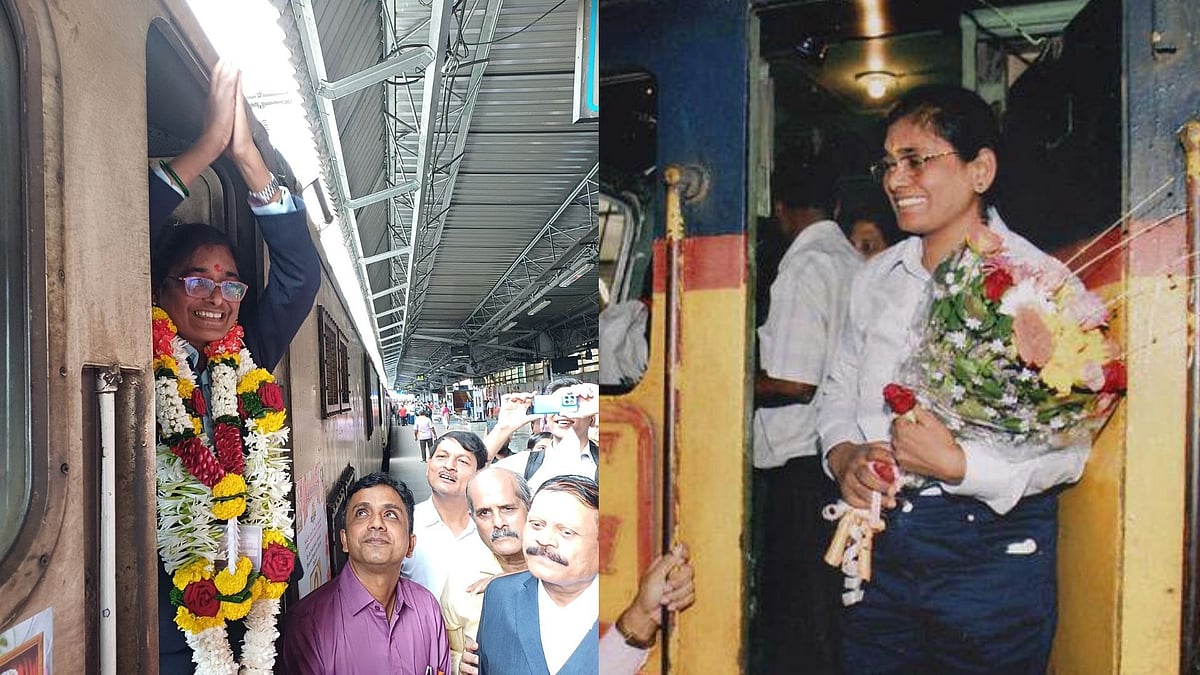Children embody the future of all nations and societies, serving as the most crucial influence globally. The Indian constitution provides rights to children as citizens, and acknowledging their distinct position, the government has enacted specific laws.
The Constitution, established in 1950, encompasses most of the rights present in the UN Convention on the Rights of the Child as Fundamental Rights and Directive Principles of State Policy.
Over the years, many individuals and public interest organisations have approached the highest court in pursuit of reinstating fundamental rights, including those of children.
The government has the capacity to implement appropriate laws and administrative measures to protect children's rights; no court can force the government to ensure these rights as they are essentially guidelines.
These guidelines have enabled the judiciary to make important decisions that promote children’s rights, leading to constitutional changes, including the 86th Amendment to the Constitution, which declared the right to education as a fundamental right. Let us delve into more such provisions.
Constitutional Rights That Are Meant For Children Include:
1. Right to free and compulsory elementary education (Article 21 A): Right to free and compulsory elementary education for all children in the 6-14 year age group.
2. Right to be protected from child labour (Article 24): No child under the age of 14 shall be allowed to work in any factory or mine or participate in any other dangerous jobs.
3. Right to be protected from financial burdens (Article 39(e)): Entitlement to safeguard against abuse and being compelled by financial pressures to engage in jobs inappropriate for their age or capacity (Article 39(e))
4. Article 39(f): The Indian Constitution specifies that children must be provided with opportunities and resources to grow in a wholesome environment, ensuring their freedom and dignity. It also asserts that childhood and adolescence need to be safeguarded from exploitation and from both moral and material neglect.
5. Article 45: Establishment of free and mandatory education for children. The State shall strive to ensure, within a decade from the start of this Constitution, free and mandatory education for all children until they reach the age of fourteen.











